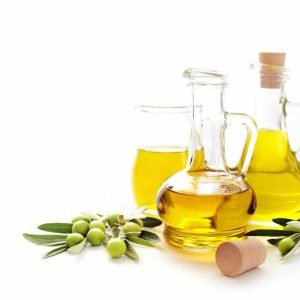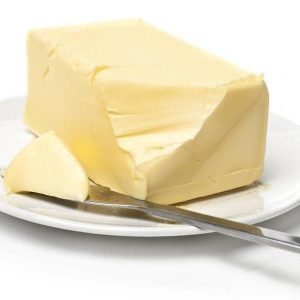Butter VS Olive Oil – Everything You Need To Know
Can’t decide which one suits your better or healthier? Check out how we end the long time debate on butter vs olive oil, down below:
Winning The Good Fat Battle
Both butter and olive oil are lauded for its 100% fat content. Fats are organic compounds needed for energy production, the absorption and processing of vitamins in our body. They are also vital for the conduction of nerve impulses, forming of cell membranes and hormon processes. Without fats, your body will be missing an essential fatty acid need for your overall health.
Still, we do not want the love of fats to backfired though. Evidence has shown that a diet too rich in fats can be harmful to the body, particularly the ones that are saturated, trans unsaturated, hydrogenated and polyunsaturated.
That’s why it’s important to be selective in choosing your fat sources. With two contenders that are claimed to be the healthiest type of fats, let’s take a look at some facts below :
- Both butter and olive oil have more than 100 calories per tablespoon and do not differ much.
- Butter is made from the fat and protein solids from milk, while olive oil is plant-derived.
- Butter works better for baking or making pastries. While olive oil is ideal for cooking, frying or marinade. Both can be consumed as is.
- The burn point for olive oil is about 219 degree Celsius, while butter burns at about 150 degree.
- Tastewise, you can argue that each is to their own with different flavors that highlight your meal.

How Do You Decide?
A research from the International Journal of Molecular Sciences shows that a Mediterranean diet, where almost all sources of added fat come from olive oil, has important preventive health benefits, such as reducing the risks for heart disease. Another important distinction is that olive oil, which is a plant-based food, has less saturated fat and no dietary cholesterol while butter does.
On the other hand, another study published last year in the journal Annals of Internal Medicine, which involved a meta-analysis of 75 different studies, suggests there isn’t convincing evidence that saturated fat – which butter has, but olive oil does not – increases the risk of heart disease.
Experts also say that the presence of poly-unsaturated fats in olive oil can lead to inflammation while butter which has a higher amount of vitamin K2 may be better for heart health. A recent study has suggested that consuming butter is not linked to a higher risk for heart disease and might be slightly protective against type 2 diabetes.
In addition to this, it is a known fact that Butter is safer for high heat cooking as olive oil is not heat stable and easily gets oxidised in high temperatures. Deep frying using olive oil as medium should be avoided, as suggested by experts.

Olive Oil VS Butter : The Conclusion
For some people, olive oil is considered to be the healthier choice since butter is heavily linked to dairy products. This may be the case, but does that mean you have to abandon butter altogether? Absolutely not. Butter has its own healthy benefits, and if you look closely, both have their own advantages that can really compliment your meal and cooking as a whole.
The rule of the thumb that always applies is : use everything in moderation. So use just enough olive oil, and don’t overuse butter – and you should be good to go!



